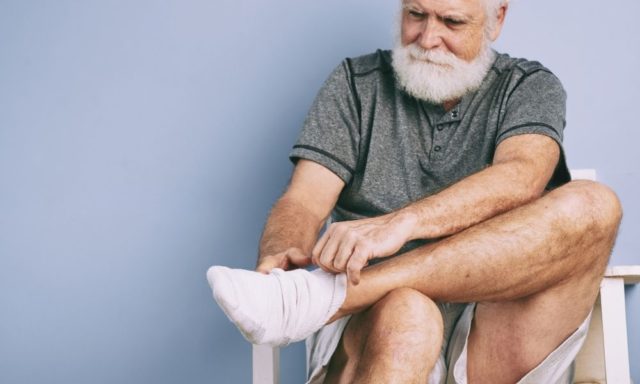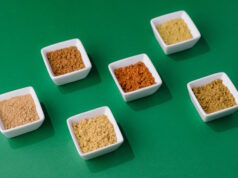
Keeping fit when you’re older can come with complications: joint pain, strain on the heart, and the risk of injury. But the benefits so far outweigh any concerns that more people are incorporating activity into their daily routines. Taking advantage of these workout recovery tips for seniors can maximize the effectiveness of exercise even after it’s over.
Cool Down
We all want to collapse when we finish done working out, but it won’t do you any favors. Your heartbeat is still fast, your temperature is still high, and your blood vessels are dilated. Stop too fast, and you could feel sick or pass out. Cool down by walking for five minutes, stretching gently, and breathing deeply, so your body can ease back into your normal day.
Hydrate
Don’t just quench your thirst when you’re sweating. You should drink water every 10 to 15 minutes during a workout, and you’ll need two or three more glasses afterward. Hydrating isn’t just for your body, though. It’s key for improving aspects of intellectual health, too, like executive functioning.
Add Protein
Doctors recommend that active, older people eat extra protein shortly after exercise. More vigorous workouts call for 30 to 40 grams to repair damaged protein, including connective tissue. More casual exercisers will benefit from an extra ten or so grams, and it’s not hard to supplement your diet with additional meat, chicken, fish, milk, yogurt, and eggs.
Wear Compression Socks
Compression socks boost your circulation, which provides added benefits after you exercise. Post-workout compression can ease pain from cramps and strains, help prevent injuries, take some pressure off your heart, and even speed up your muscles’ recovery. You can take advantage of compression socks by putting on a fresh pair to wear them overnight.
Give Muscles the Day Off
Make sure you target another muscle group for your next workout. It can take up to 72 hours for muscles to heal, so don’t stunt their progress. Try upper-body exercise one day, and lower-body the next, or alternate strength training with cardio. In addition, schedule two to three days a week to relax, or just take a walk.
Older muscles tend to recover less quickly, whether it’s after strength or endurance training. You can maximize the effectiveness of exercise with these workout recovery tips, especially for seniors who aren’t afraid to challenge themselves to keep improving.












